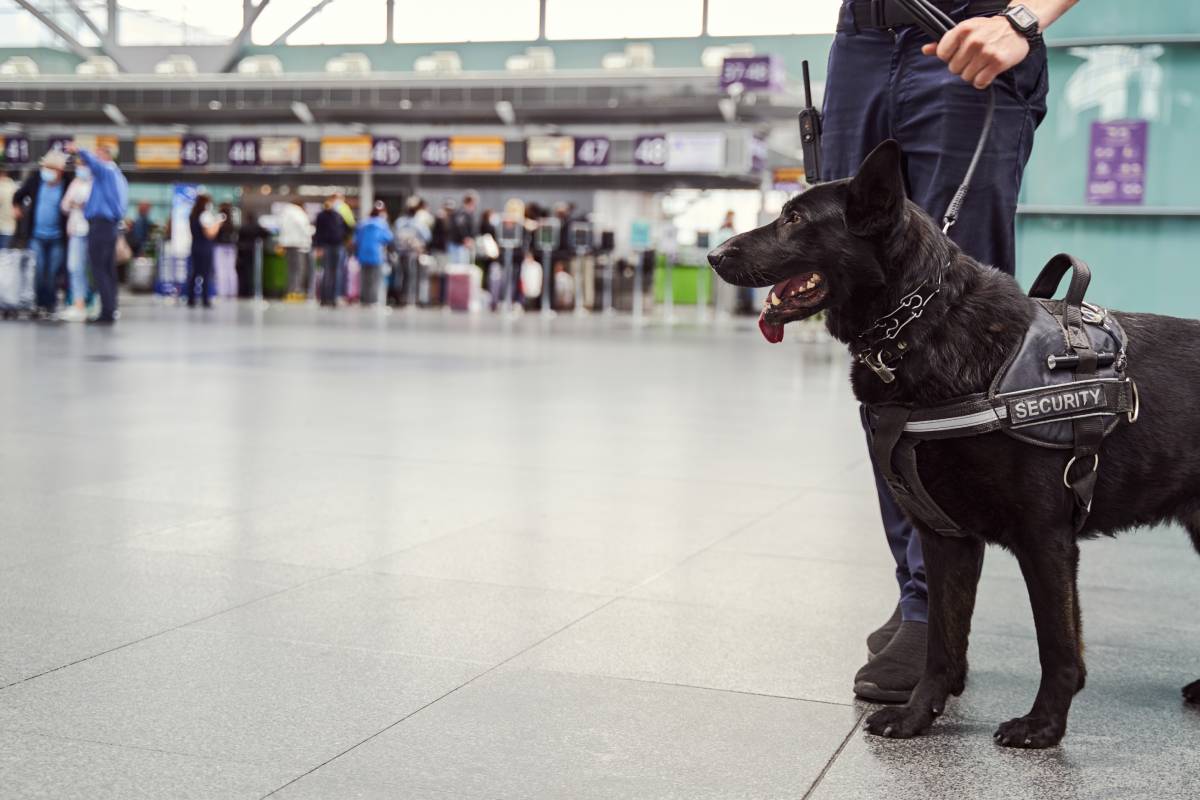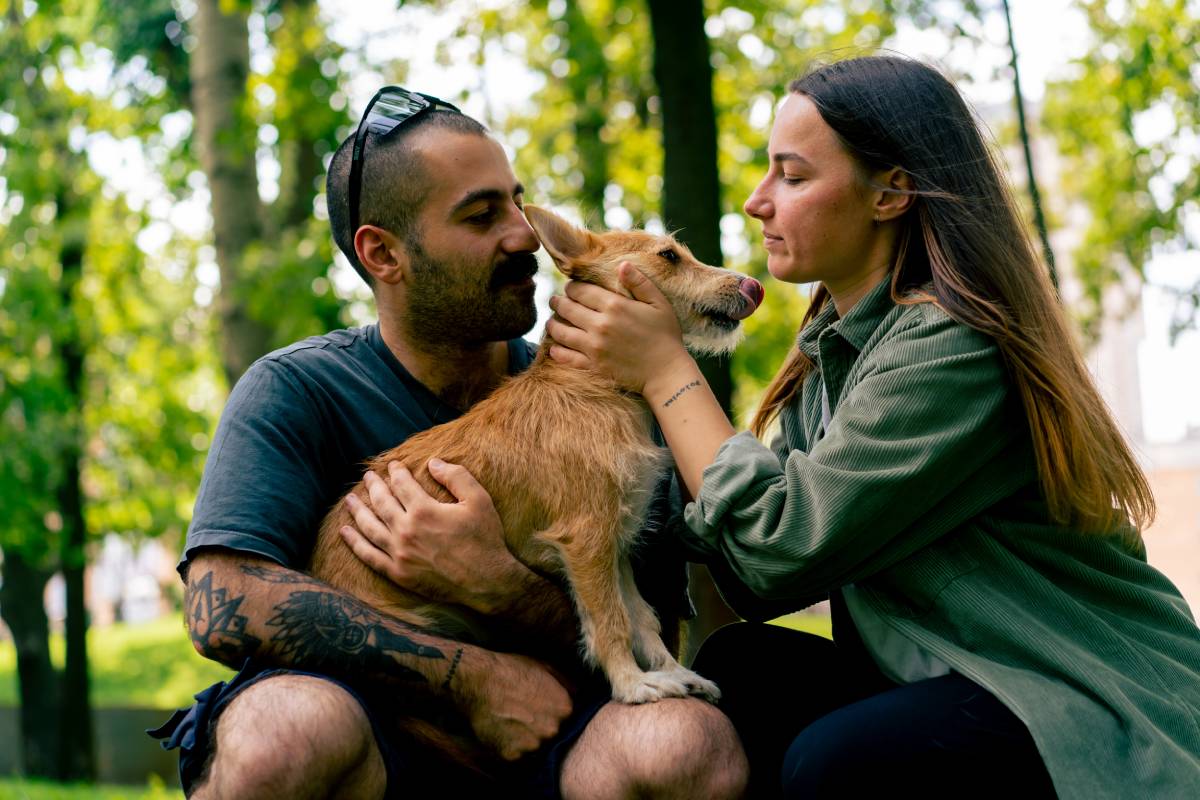The intelligence of the Australian Shepherd breed along with training tips for dogs, and emphasizing life lessons we can learn from them.
Dogs have long been celebrated for their intelligence, loyalty, and companionship, but some breeds stand out more than others for their exceptional mental abilities.
In Australia, several dog breeds are known for their sharp minds and eagerness to work making them not only great pets but also valuable partners in various tasks.
Among these breeds, the Australian Cattle Dog and the Australian Shepherd are often recognized as the smartest.
In this article, we will explore which dogs are considered the smartest in Australia, how to train them effectively, and what we can learn from these incredible animals.
Whether you are a dog owner or simply fascinated by these intelligent creatures, understanding their capabilities and what they can teach us can deepen the bond we share with them.
What is the Smartest Dog in Australia?
Australia is home to several highly intelligent dog breeds, but when it comes to brains and work ethic, the Australian Cattle Dog and the Australian Shepherd top the list.
Australian Cattle Dog
The Australian Cattle Dog, also known as the “Blue Heeler,” is considered one of the smartest dog breeds worldwide.
Developed for herding cattle, their intelligence and strong work ethic make them excellent problem-solvers and quick learners.
They thrive on having a task to do and are highly energetic. While they excel at understanding complex commands, they require mental stimulation to avoid boredom and destructive behaviors.
Loyal and protective, they form strong bonds with their owners and are known for their herding instincts.
Australian Shepherd
The Australian Shepherd, though not originally from Australia, is a popular breed known for its intelligence and agility.
They learn quickly and excel in tasks like obedience, agility, and herding. Highly active, Australian Shepherds thrive on both physical and mental challenges, and require constant stimulation to avoid behavioral issues.
How Can You Train Dogs?

Training dogs is key to building a strong bond and ensuring they are well-behaved. While different breeds may need varying approaches some training principles apply to all.
In addition, dog boarding provides a structured environment for socialization and behavior learning, offering valuable care when you’re unavailable, especially for dogs in need of exposure to other animals or people.
Start Early
The earlier you start training your dog, the better. Puppies are more receptive to learning and are easier to train compared to older dogs.
Early training helps establish good habits and prevents undesirable behaviors from becoming ingrained. However, it’s never too late to start, and even older dogs can learn new tricks and commands with patience and consistency.
Positive Reinforcement
Positive reinforcement is one of the most effective training methods. This involves rewarding your dog for good behavior with treats, praise, or toys.
By associating good behavior with rewards, your dog will learn to repeat the desired actions. Make sure the reward is given immediately after the behavior to help your dog make the connection.
Consistency is Key
Consistency is crucial in dog training. If you want your dog to learn something, you must be consistent in your commands and actions.
Use the same words and gestures for specific commands, and ensure that all family members are on the same page when it comes to rules and training.
Keep Training Sessions Short and Fun
Dogs, especially puppies, have short attention spans. Training sessions should be kept short, around 5-10 minutes at a time to keep your dog focused and engaged.
You can have multiple short sessions throughout the day to reinforce learning. Make training fun by incorporating toys and games into the process.
Socialization
Socializing your dog is an essential part of training. Expose your dog to different people, animals, environments, and experiences to help them become well adjusted and confident.
Early socialization can prevent behavioral issues like fear or aggression, and it helps your dog adapt to various situations.
Patience and Persistence
Training a dog requires patience and persistence. Dogs, like humans, learn at different speeds, and some may require more time to grasp certain concepts.
It’s important to stay calm and positive, even when your dog doesn’t immediately respond to commands. Avoid punishment-based training methods, as they can lead to fear and anxiety.
How Can We Learn from Dogs?

Dogs have been our companions for thousands of years, and there is much we can learn from them.
Their intelligence, loyalty, and emotional understanding offer valuable lessons in our own lives. Here are a few things we can learn from dogs:
Live in the Moment
Dogs are masters of living in the moment. They don’t worry about the past or the future; they simply focus on what’s happening right now.
Whether they are playing, resting, or spending time with you, dogs embrace the present fully. This mindset can teach us to appreciate the here and now and not get bogged down by stress or anxiety about what may come.
Unconditional Love
One of the most powerful lessons we can learn from dogs is the ability to love unconditionally.
Dogs offer love and companionship without expecting anything in return. Their loyalty and affection remind us of the importance of building strong, loving relationships with others.
Forgiveness
Dogs are incredibly forgiving. If you accidentally step on their paw or raise your voice, they won’t hold grudges.
They move on quickly and continue to show affection. This ability to forgive can teach us to let go of minor grievances and not let negativity affect our relationships with others.
Patience and Persistence
Dogs often show immense patience and persistence, especially when learning new skills or when working toward a goal. Whether it’s waiting for a treat or retrieving a ball, dogs keep trying until they succeed. This resilience can inspire us to approach challenges with determination and patience.
Empathy and Emotional Awareness
Dogs are highly attuned to human emotions. They can sense when you’re feeling down, anxious, or happy and often respond accordingly. Many dogs will comfort their owners when they are sad or anxious, offering companionship and emotional support. This emotional intelligence can teach us to be more empathetic toward others and attuned to their emotional needs.
Conclusion
In Australia, the smartest dogs are often those bred for herding and working, such as the Australian Cattle Dog and the Australian Shepherd. These breeds excel in intelligence and are highly trainable, making them excellent companions for those looking for an active and intelligent dog.
Training your dog involves positive reinforcement, consistency, and patience, and while it takes time, it strengthens the bond between you and your pet.
Whether you’re training a dog or learning from them, there’s a lot we can gain from these loyal and intelligent animals. Dogs teach us valuable life lessons, including the importance of living in the moment, loving unconditionally, forgiving easily, and approaching life with persistence and empathy.
By fostering a deeper understanding of dogs and their intelligence, we can enhance the relationship we share with them, while also learning to apply their valuable life lessons in our own lives.





